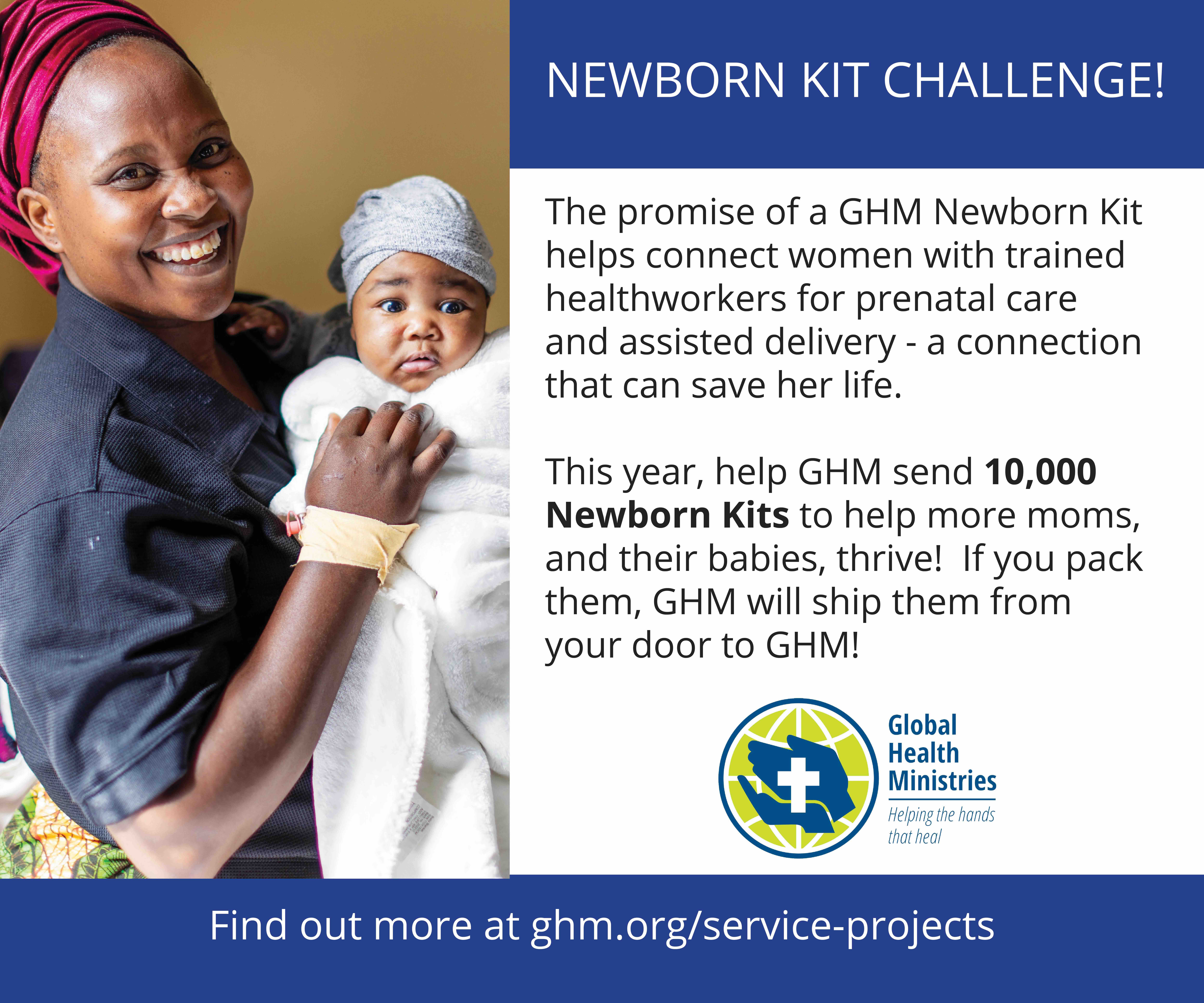A while back, one of my children was struggling with some behaviors that I thought might indicate a mental health issue. It created a challenging situation at home; it upset our daily life. I didn’t know where to turn.
First, I talked to his elementary school teacher. She said he was doing great in school and had no issues. Then I tried our school principal, to see what resources were available. She reminded me that our school had no guidance counselor due to district staffing and funding issues. Things had to be approaching self-harm to get the district psychologist involved. It wasn’t that bad at home, but we still had challenges. I tried our pediatrician, who recommended a counselor who wasn’t helpful. Finally, after a 12-month wait, we were able to meet with a play therapist who helped us craft parenting and home life strategies to support our son. When you know better, you do better. Now we’re all doing better.
The one person I didn’t think to contact was our pastor. Why? Partly because I suspected the play therapist would be the right fit (she was), but also because I was embarrassed. I felt my child should be better behaved. I felt it might be my fault. Maybe I wasn’t a good enough parent. I hesitated to reach out to our church family about a mental health issue. I know it would have been different if my child had broken an arm. But why?
Children’s mental health has received greater attention in national news lately. Some call it a crisis. According to the 2023 Mental Health America Report, more than 16 percent of youth aged 12 to 17 report suffering from at least one major depressive episode in the past year. Of those youth with depression, about 60 percent do not receive mental health treatment. Although these problems have been exacerbated by the COVID-19 pandemic, they are not new. A 2022 report from U.S. Surgeon General Vivek Murthy reveals that, even in the years before the pandemic, as many as 1 in 5 American children aged 3 to 17 experienced a mental, emotional, developmental or behavioral health disorder. Those numbers may be even higher among historically marginalized populations and LGTBQ+ youth.
Why would I feel so bad about having such a common concern? Even though stigma remains, talking about mental health challenges is becoming more common. My kids talk openly about friends who have autism or ADHD. An adult family friend has ADHD and anxiety; my children know that she takes medication to manage it all. Normalizing these diagnoses has created more acceptance.
How do we talk about mental health with children? I was feeling anxious just before we took my son to see the counselor for the first time. Based on helpful advice from our pediatrician and parenting websites, I told my son that we see helpers and doctors for all kinds of things. Everyone needs help sometimes, I said. This “feelings doctor” was going to help us talk about some big feelings. I shared with my son that several times in my adult life, going to see a feelings doctor (counselor) has helped me.
As caregivers, we can name the range of feelings that we experience and encourage children to name those feelings too. We can also invite children to bring their feelings to God in prayer. God welcomes all feelings and loves us no matter how we feel.
We can open the Bible to the Psalms—a great resource for those struggling with mental health, alongside medical and therapeutic care as needed. These 150 songs encompass feelings from ecstatic joy and praise to a fiery rage that calls for the destruction of one’s enemies. Psalms voice words of comfort and assurance, as well as deep lament. The range of human emotions is welcome. None of this is too much for God, who has heard it all before and responds with love and welcome.
Churches can support youth mental health by destigmatizing challenges. Preachers can mention mental health in sermons. Congregations can promote local mental health fairs and community resources. Leaders can offer general prayers (keeping people’s names and medical information private) for people who live with mental health challenges. One pastor I know is open about her own struggles with anxiety and depression, sharing this appropriately on social media. All these efforts lift the veil of secrecy and shame. People begin to understand that they are not wrong to feel this way, and that help is available.
You can find great resources for mental health on the US Surgeon General’s priority page on youth mental health (https://bit.ly/SG-mental-healthyouth), and on the website of the National Alliance for Mental Illness (www.nami.org). These can be made available in the home and in the congregation.
One interesting thing about living through a mental health challenge with my child has been connecting with other parents who’ve been there. At first, I felt as though it was just me. What a sigh of relief, to be able to say to friends with adult children, college friends or clergy friends, “My kid also struggles with this,” and feel seen.
I’ve thought a lot about ways to better support my family’s mental health. Recently, I listened to a podcast on “mom rage.” The presenter said “mom rage” is often triggered by unmet needs. Caregivers, especially women, who are socialized to serve others, tend to put their needs on the back burner. That’s not good for mental health. When adults attend to their own mental health needs (selfcare, good boundaries, time for rest, support when needed), they can better support the mental health of children in their care. We can encourage children’s mental health through active listening, validating their feelings and working together to develop ways to cope with challenges.
We can also establish daily routines, plan shared activities and spend time in nature.
Our children’s emotional and mental wellness matters just as much as their physical health. When we know better, we do better.
Lisa A. Smith is an ELCA pastor who loves exploring the wilderness near her Northwest U.S. home. She blogs at pastorlisawrites.com.
This article appeared in the May/June 2024 issue of Gather. To read more like it, subscribe to Gather.



